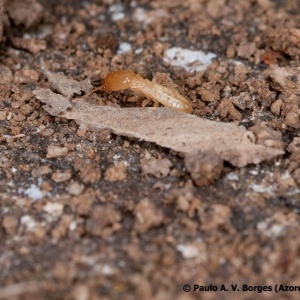Addressing environmental health in islands requires a holistic approach that considers the unique challenges and opportunities presented by their ecosystems, climate, and socio-economic factors. Sustainable development, effective resource management, and community engagement are key components of ensuring a healthy and resilient environment for island populations. In this sense, and for the next five years, we expect to increase knowledge on the impacts of human activity and of natural disrupting factors on island ecosystems, using the Azores volcanic islands as natural labs. Also, our policy also includes the involvement of communities in decision-making processes, by education and awareness campaigns. Therefore, for the next 5 years we will deepen our studies to:
iii) Develop strategic approaches for environmental communication and societal awareness to risks;
The research developed by EHI the SDG 3 (Good Health and Well-being) and SDG11 (Sustainable Cities and Communities) UN sustainable development goals and is in line with the RIS3-Açores 2022-2027 lines of action of “Health” and “Environment and Climactic action” agendas.
 TRANS-Lighthouses - More than green: Lighthouses of transformative nature-based solutions for inclusive communities
TRANS-Lighthouses - More than green: Lighthouses of transformative nature-based solutions for inclusive communities
 Monitoring of subterranean termite Reticulitermes flavipes in the municipality of Praia da Vitoria, Terceira
Monitoring of subterranean termite Reticulitermes flavipes in the municipality of Praia da Vitoria, Terceira
 BioBlitz Azores
BioBlitz Azores